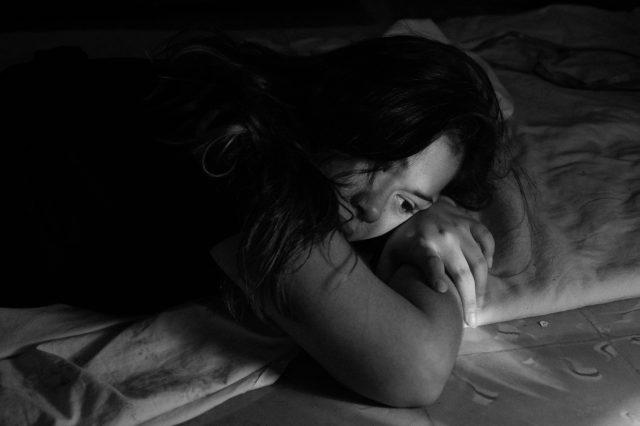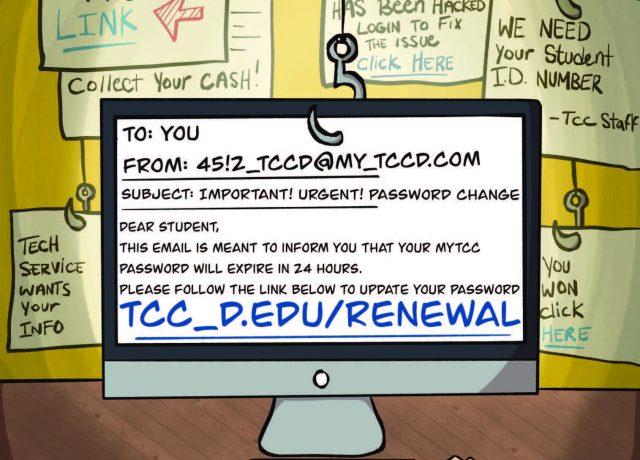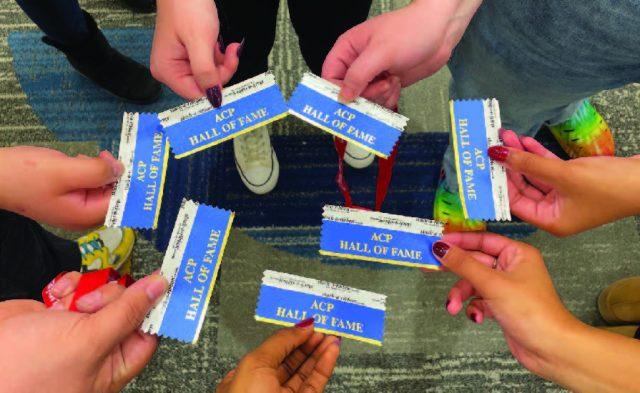HOPE SMITH
editor-in-chief
hope.smith393@my.tccd.edu
Gendered emotional expression through the media disproportionately affects women.
I think back on all the times I saw the phrase “female rage” floating around on social media, with a compilation of Hollywood’s angriest women on film.
There is something interesting about the way we categorize a woman, and the thing mentioned above serves as an example of how society does it. The ranges of emotions a woman experiences has to be picked apart and labeled. Female rage, they call it. Not just rage.
It seems that when a woman’s body cannot be capitalized on, there comes a need to cut her up and sell her mind for parts. It is made into a viewable thing, consumable.
That same phenomenon comes into play when we talk about a woman in leadership. A girlboss.
For some reason, there is a fascination with setting the woman apart from the job she inhibits.
An argument can be made for those two examples – female rage and girlboss – to say that these are empowering statements that uplift something traditionally hidden or under celebrated. To that extent, I would agree. But it seems to turn into itemization the longer we use it to separate a woman from something.
When we use terms that classify a woman’s experience, doesn’t it set her apart from the rest of the world? Like she can’t just be a woman in leadership – a boss – but she is a woman and that must come first above everything else.
If we continue a mindset like this, society will teach young girls that the part they play in the world is to entertain. This idea only gets further internalized the more they grow and realize labels are all around them.
There is a phenomenon that is a good example of this, and it follows along with a very good quote from Maragaret Atwood, “You are a woman with a man inside watching a woman. You are your own voyeur.”
This concept explains how a woman exists in a world that makes her an observational thing through the lens of a patriarchal society. She learns to see herself through that lens. The reason I bring this up is because it closely relates to the labeling process of a woman.
Female rage is subject to a woman, the rest is beyond her.
So, when she experiences feelings of anger, sadness or loss, it is not that she is a human being going through the emotional process. She is a woman.
This mindset encourages her to see herself as something separate from the rest and unrelatable by comparison. The impact of something like that is going to ripple through a woman’s life and how she navigates her emotions.
Society already targets a woman for feeling. The last thing she needs is a new, separate way to tell her that her mental process is yet another piece that is hers only.
It is unnerving to see but not impossible to redirect. The intentions for these things are good and it is no deniable argument that women deserve to have a highlight for their accomplishments and human feelings. Don’t let the labelling take away from that human aspect, However. She is more than a woman – as the Bee Gees put it – and deserves to have just plain old rage.
































